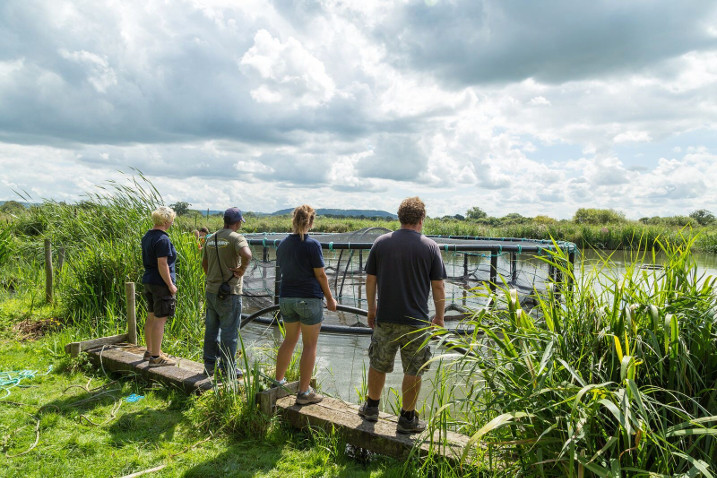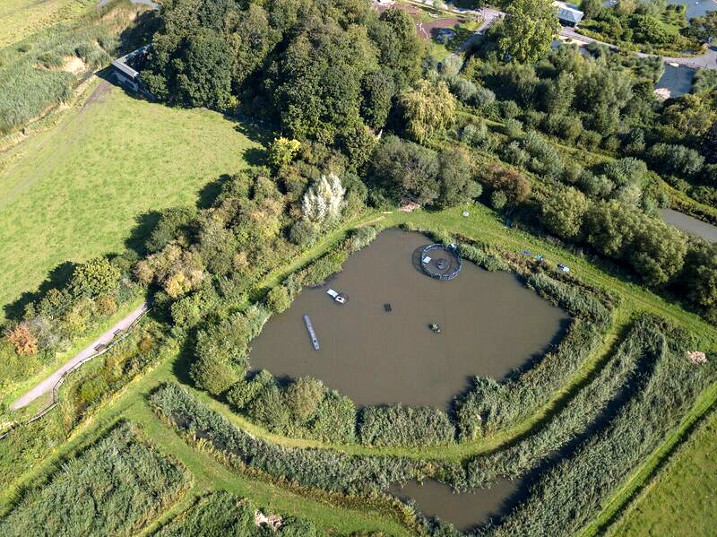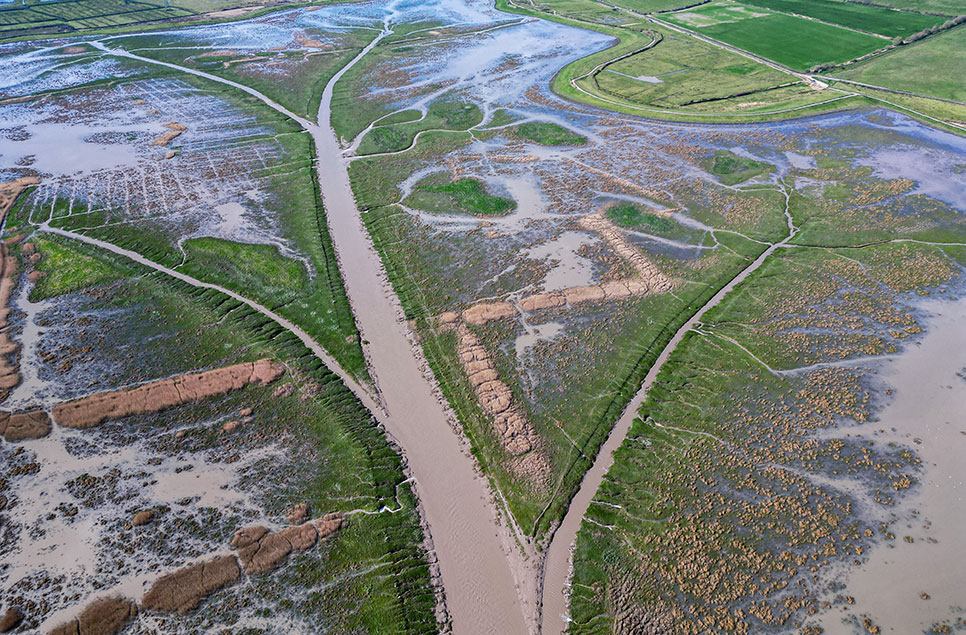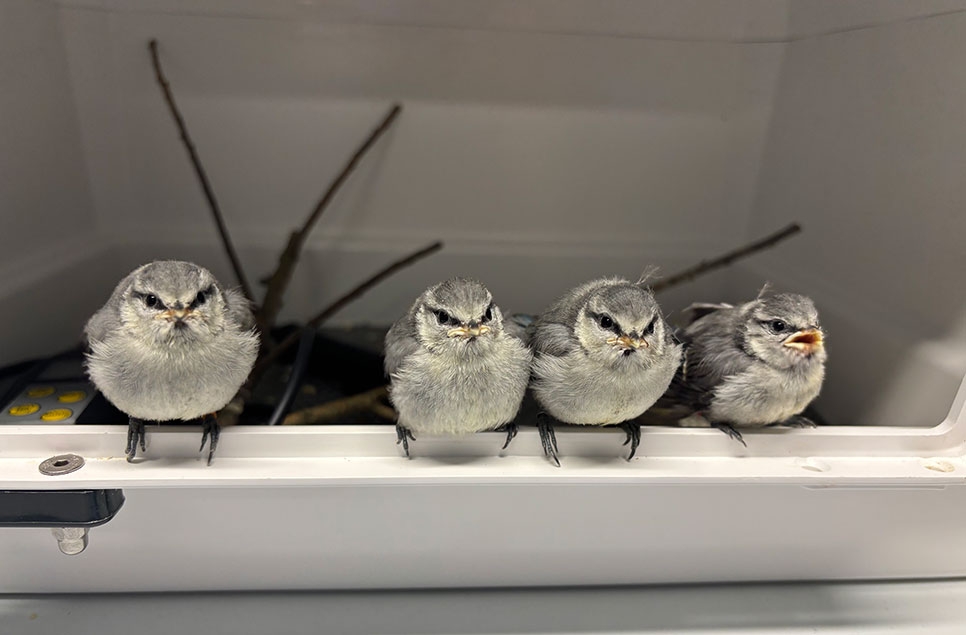First ever floating aviary to save world's rarest duck
A flock of tufted ducks will spend the next ten days in the world’s first known floating aviary at the WWT Slimbridge Wetland Centre, Gloucestershire as part of a trial that could save their cousins on the other side of the world, the Madagascar Pochard.
No attempt to reintroduce a diving duck species into the wild has ever been successful, so WWT conservationists have had to think outside the box.
Visitors to WWT Slimbridge will be able to watch the young ducks settle into their new home on the wetland centre’s South Finger Reedbed lake.
If the floating aviary succeeds in easing the ducks’ transition from captivity to life in the wild, the same method will be used to release the Madagascar pochard – the world’s rarest duck - back into the wild in 2018.
Programme Development Advisor at WWT Peter Cranswick said:
“I’m excited that visitors to Slimbridge this summer will see a novel conservation technique being developed. This is the ‘coal-face’ of our work in Madagascar on show in Gloucestershire and could have far reaching consequences for one of the world’s rarest creatures. WWT has a long history of pioneering conservation and we’re hopeful that the floating aviary will be added to that list.”
Madagascar pochards spend almost all their time on water and, importantly, feed underwater, so WWT conservationists came up with the original idea of adapting salmon-farming cages as pre-release aviaries. To ensure the method is safe for the birds, it is being trialled on UK native tufted ducks.
The ducks will be housed in the floating aviaries for five to ten days while they adjust to their new surroundings. Once they are comfortable, conservationists will open a door in the aviary to allow them to come and go as they please. The tufted ducks in the Slimbridge trial will be closely monitored by scientists, who will use radio tags to ensure that they adapt successfully to life in the wild.
WWT’s Peter Cranswick continued:
“Madagascar’s wetlands are not in a healthy state. We’ve identified one – Lake Sofia – where the damage is less severe and that’s where we plan to release the pochard. But, if they leave that lake, their chances of survival are very low – such is the condition of other wetlands in the country. So it’s vital that the birds are completely happy in their surroundings before we let them go – the floating aviaries are a crucial part of that.”
The release of the pochards next year with project partners, including the Durrell Wildlife Conservation Trust, is just one step in WWT’s long-term plan to restore Madagascar’s wetlands. WWT has worked closely with communities around Lake Sofia for the last few years to improve farming and fishing so that they are more productive while having less impact on the natural environment. At the same time, WWT has written guidance for the government, authorities and conservation organisations in Madagascar to help them improve wetland conservation in the country.
From today, visitors to Slimbridge will be able to view the tufted ducks in the floating aviary and witness conservation in action. Go to http://www.wwt.org.uk/conservation/our-work/saving-the-madgascar-pochard/ to learn more about the project.



